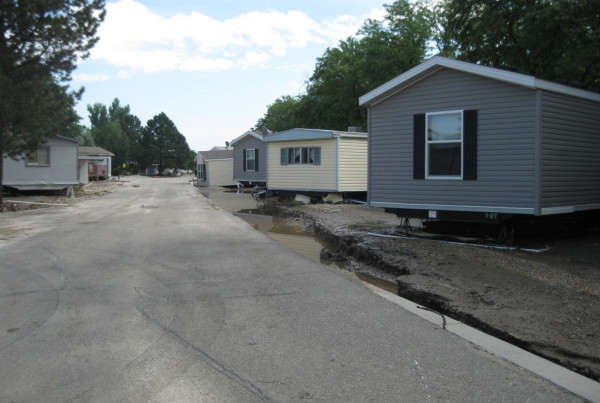The future of the Affordable Care Act — or ObamaCare — could hinge on a decision from the U.S. Supreme Court expected any day now. The case, King v. Burwell, revolves around people who live in states like Texas that opted out of the Medicaid expansion. The decision will determine whether they can get subsidies to buy health care on the federal exchange.
The Supreme Court has until the end of the month to issue an opinion.
But while that case plays out in Washington, a new report from the Episcopal Health Foundation and the Baker Institute at Rice University examined how the law is affecting the lives of Texans.
Elena Marks, one of the report’s authors, joins host Nathan Bernier on the Texas Standard.
Marks on the percentage of uninsured adult Texans:
“That number is definitely shifting. Our survey looked at the rates of insurance and uninsurance for adults ages 18 to 64. What we found, for the first time in as long as anyone can remember, is there’s a substantial drop in that rate — almost a third drop. The percentage now for the adult — the non-elderly adult — population is about 17 percent, 16.9 percent.”
On the scope of the study:
“What our study shows is that the percentage of people who were uninsured previously dropped substantially, and that drop occurred completely within the individual insurance market. Now people can purchase plans individually through the Affordable Care Act marketplace. They can also purchase them individually directly from insurance companies and through brokers, and many people do that.”
On Texas’ continued status as the state with the highest rate of uninsured people:
“That’s going to remain true unless and until there’s some kind of Medicaid expansion…the Medicaid expansion is intended to provide coverage for people at or below 100 percent of the federal poverty level. Those who are above 100 percent of the federal poverty level are able to access plans through the marketplace with subsidies, but those who are below 100 percent of the federal poverty level are not able to access subsidized plans through the marketplace. The Medicaid expansion was designed to address the needs of that population. And so while we’re showing a significant drop, we are not showing that kind of a drop in the lowest income Texans because they are not able to purchase in the marketplace or outside of the marketplace at an affordable rate.”
On King v. Burwell:
“If that case is won by the plaintiffs, and the law is upheld by the Supreme Court to say that only state-sponsored health insurance marketplaces can get subsidies, then the burden will be on Texas to set up a marketplace. It can do that fairly simply without a lot of expense and contracts with the federal government to run the marketplace, which is just what’s happening now, or Congress could put a fix in place. But if King v. Burwell goes the wrong way, then the large number of people who have bought plans through the exchange and who have bought them with subsidy will likely drop their policies because they won’t be able to afford them anymore. The market will crash, the rate of uninsurance will go right back up to where it was before the Affordable Care Act.”
















